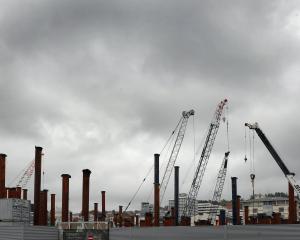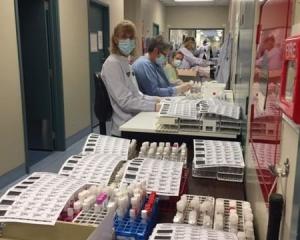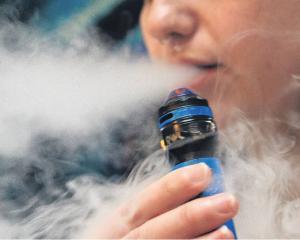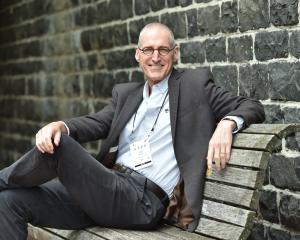
Judge Peter Boshier pulled few punches in his assessment of the Dunedin ward following an unannounced inspection in May last year, highlighting that many of its shortcomings had not been addressed by the Southern District Health Board since a previous such ombudsman’s inspection in 2014.
"I consider the poor state of repair of this ward to be unacceptable," he said.
"It is unsafe for both patients and staff, and severely compromises the dignity and independence of patients.
"I am further disappointed that action has not been taken since my predecessor’s inspection and I strongly urge the DHB to take immediate action to prioritise a rebuild or redevelopment of this ward."
Ward 10A is a 12-bed medium security facility which treats patients with intellectual disabilities who have been convicted of criminal offences or who have been assessed as being a risk to themselves or others.
The building was not constructed for that purpose, a fact which lay behind many of its most egregious faults, Judge Boshier said.
"The ward layout and design was not conducive to contemporary therapeutic or safe care," he said.
"The poor ward design meant that patients could not separate from others or avoid unintended contact with other patients or staff, and there was a lack of dedicated spaces for therapeutic programmes, quiet spaces, gender separation, or clinical and interview spaces."
Its physical environment was stark and unwelcoming and while some parts were tidy it was a generally tired building.
"I consider the poor level of maintenance in the ward at the time of the inspection unacceptable in a hospital environment.
"All patients are entitled, and should expect, to receive health care in a clean, safe and well-maintained setting."
Judge Boshier was also critical of the fact the ward housed male and female patients together and that forensic and non-forensic patients were grouped together, and urged that staff only use DHB approved restraint techniques.
Life Matters suicide prevention trust founder Corinda Taylor praised the report, and said it was greatly concerning that recommendations from the previous ombudsman’s inspection had not been acted on.
"Nobody wants their loved one living somewhere that is not fit for purpose for extended periods of time like in ward 10A, where some people have been for almost 15 years," Mrs Taylor said.
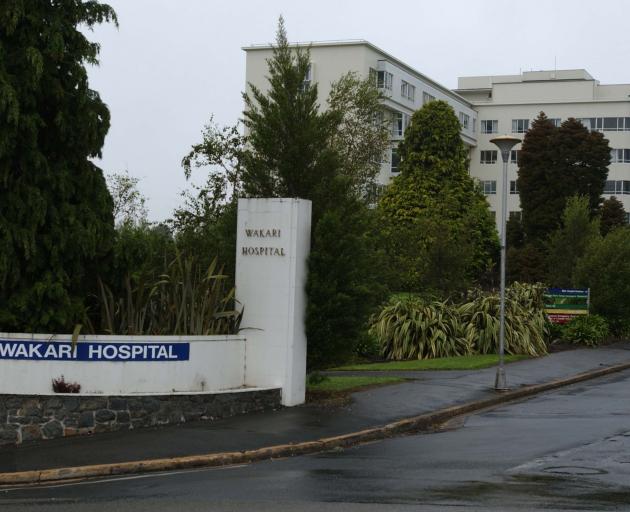
Mrs Taylor agreed strongly with Judge Boshier’s recommendation that an independent consumer advocate be appointed so residents had someone to lay a complaint with and speak on their behalf.
"This role would be perfect for a peer supporter who is not employed by the SDHB," Mrs Taylor said.
SDHB acting mental health, addictions and intellectual disability executive director Gilbert Taurua said the board appreciated the thorough job Judge Boshier had done in his review.
"We found the reports to be reasonably positive, and that they show we are generally providing satisfactory services to our patients and their whanau," he said.
"We accept the recommendations from both reports.
"We take them seriously, and are working through them."
The SDHB has long conceded that Wakari is a problematic facility, and several reports in recent years have highlighted its inadequacies for both patient care and staff safety.
Since last year the board has been preparing a business case for the Ministry of Health concerning the future of Wakari, and last year chief executive Chris Fleming said the board would be "putting good money after bad" if it refurbished rather than replaced Wakari.
In 2019 the Government set aside money for capital expenditure on mental health facilities in its first term, and then health minister David Clark — in whose electorate Wakari is — encouraged the SDHB to apply for funding.
In its comments on Judge Boshier’s report, the ministry said it had carried out a capacity planning exercise which had identified facilities which needed both remedial work and additional bed planning.
"It is likely this will progress to an investment proposal process to support government consideration of future needs."
Judge Boshier also inspected Helensburgh Cottage and Ward 6C and had only minor recommendations to make about those facilities.


